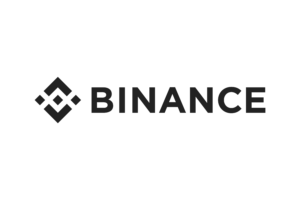We know you heard this one before, but China wants to ban Bitcoin…again. Only this time the government plans to use one of its most far reaching tools, the Great Firewall of China, to completely prevent anyone in the country from reaching foreign exchange sites. Unless they have the technical capability to bypass it, of course.
Chinese authorities have decided to block internet access to overseas cryptocurrency exchanges, effectively cutting them off from the market in China like Google or Facebook. This comes after regulators determined that all their previous attempts to stop local investors from taking part in bitcoin trading and Initial Coin Offerings (ICOs) have failed in their mission so far.
Financial News, a People’s Bank of China mouthpiece, wrote that: “To prevent financial risks, China will step up measures to remove any onshore or offshore platforms related to virtual currency trading or ICOs. ICOs and virtual currency trading did not completely withdraw from China following the official ban… after the closure of the domestic virtual currency exchanges, many people turned to overseas platforms to continue participating in virtual currency transactions. Overseas transactions and regulatory evasion have resumed… risks are still there, fueled by illegal issuance, and even fraud and pyramid selling”.
Will It Work This Time?
After China clamped down on operations of local exchanges, once the world’s most active bitcoin trading venues, the industry quickly moved offshore to Hong Kong, Singapore, Tokyo and beyond. The websites offered Chinese language support and users had various ways to fund their accounts. Now the plan is to prevent all access to the sites completely, so none of these bypasses will get a chance to work.
The Great Firewall works by both targeting individual domains and general forbidden keywords. Sophisticated and tech-savvy Chinese traders might be able to bypass the block with a VPN service, but internet censors have been cracking down hard on those as well recently and they have gotten better at this cat and mouse game as well with the help of major technology companies. For those who will not be able to access international websites they might have to trade off-exchange only and wait for a truly unblockable decentralized solution.
Source: link.








